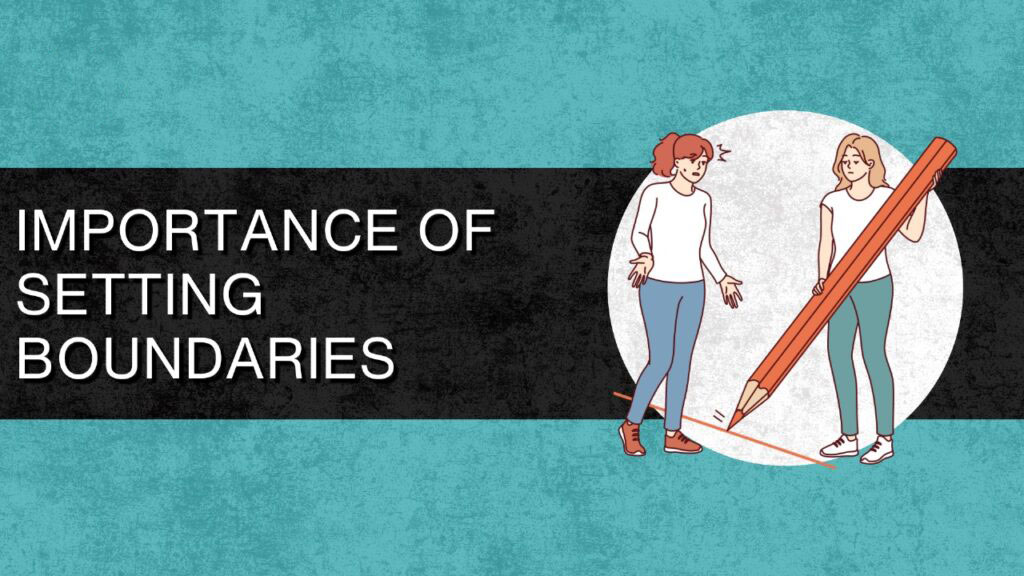Navigating relationships with someone who has bipolar disorder presents a unique blend of rewards and challenges that call for a deep well of understanding and patience. It's a journey that offers profound insights into the complexities of the human mind, where moments of intense connection are juxtaposed with episodes that demand resilience and compassion. This dynamic can ultimately lead to a remarkably fulfilling relationship, fostering personal growth and empathy. By approaching the relationship with openness and a willingness to learn, individuals can build strong, supportive bonds that celebrate the individuality and strength of both partners, while effectively managing the nuanced dynamics that bipolar disorder brings.
The Rapid Affection In Bipolar Relationships

Bipolar disorder often has a profound impact on the emotional experiences of individuals, leading to phenomena such as 'bipolar falling in love quickly.' This intense and rapid formation of romantic connections can be thrilling and invigorating for both partners, offering a whirlwind of heightened emotions and passion. However, the same fervor that fuels these connections can also be their downfall, as they frequently lack the stability needed for enduring relationships. The volatility inherent in the disorder can give rise to challenges as intense moods fluctuate, complicating the navigation of a healthy partnership. It is essential for both individuals in the relationship to cultivate an understanding of these dynamics, fostering open communication and realistic expectations. By doing so, they can work together to manage the emotional ebbs and flows, potentially transforming what could be a source of distress into an opportunity for deeper empathy and growth within the relationship..
Navigating Hurtful Comments

Effective communication is indispensable in managing the complexities that arise when living with bipolar disorder in a relationship. During periods of mania or depression, emotions can become amplified, and conversations may spiral into hurtful exchanges, even when such comments don't reflect true intentions. This phenomenon, often referred to as 'bipolar disorder saying hurtful things,' underscores the need for both partners to cultivate empathy and understanding. By establishing open lines of communication, couples can navigate these turbulent times with increased patience and resilience. Developing coping strategies such as active listening, finding the right time to discuss emotions, and having a plan for apology and reconciliation can prevent misunderstandings from deepening. At the core, embracing forgiveness and engaging in ongoing dialogue not only helps in healing the wounds inflicted by impulsive words but also strengthens the bond. Ultimately, prioritizing communication fosters an environment of support and love, enabling both partners to weather the storms of bipolar disorder together..
Why 'Bipolar Exes Always Come Back'

Reconciliation in relationships entangled with bipolar disorder often dances on the knife-edge between hope and caution, highlighting the complex narrative of why 'bipolar exes always come back.' The intense emotional bonds formed during the highs and lows create a magnetic pull towards healing and closure, igniting the hope that this time, mutual understanding will prevail. These reunions can offer a slate wiped clean with opportunities for renewed love and compassion, encouraging both partners to grow and adapt alongside each other. However, the potential for rekindling also flirts with the danger of repeating past mistakes. If the underlying issues and emotional triggers linked to the disorder are not acknowledged and actively worked upon, the relationship risks slipping into a repetitive loop of temporary reconciliation followed by inevitable turmoil. For reconciliation to be genuinely transformative and not just a temporary pause in the cycle, it demands honest communication, therapeutic involvement, and a commitment from both parties to navigate the tumultuous landscape with empathy and respect for each other's boundaries..
Addressing Emotional Abuse In Bipolar Relationships

In relationships where one partner has bipolar disorder, understanding the complex dynamics between mental health challenges and potentially abusive behaviors is crucial. While the mood swings associated with bipolar disorder can sometimes lead to heightened emotional tension, it's important not to conflate the disorder itself with unacceptable behaviors. Differentiating between symptoms and willfully abusive actions is key to fostering a healthier relationship. Individuals must strive to prioritize emotional safety and cultivate mutual respect. This involves open communication, seeking therapeutic support, and adhering to treatment plans to manage mood swings effectively. By doing so, couples can create a supportive environment that respects the nuances of each partner's mental health while firmly standing against any forms of emotional abuse..
Building A Supportive Environment

Supporting a partner with bipolar disorder requires patience, empathy, and ongoing communication. By educating themselves about the disorder, partners can gain a deeper understanding of the challenges their loved one faces, enabling them to provide more effective support. Encouraging consistent treatment, whether it’s medication, therapy, or lifestyle changes, helps manage the condition's symptoms and promotes stability. Creating supportive environments, both at home and in social settings, can alleviate stress and reduce potential triggers for mood episodes. Partners may find it beneficial to participate in therapy sessions, where they can acquire tools to manage stress and develop strategies to maintain a balanced relationship. These sessions can also help partners build emotional resilience, enabling them to better cope with the ups and downs, and ensuring they don’t neglect their own mental health. This mutual cooperation and understanding lay the groundwork for a balanced partnership, where both individuals feel supported and valued, ultimately fostering a nurturing and thriving relationship..
The Importance Of Setting Boundaries

Boundaries provide a vital structure within a relationship, especially when one partner is living with bipolar disorder. Establishing clear and respectful boundaries allows each individual to navigate the complexities of the disorder while ensuring both partners feel secure and understood. By setting these parameters, couples can create a compassionate environment that respects each person's emotional and physical needs. This proactive approach minimizes misunderstandings and reduces the likelihood of heightened tensions during intense emotional episodes. Furthermore, firm boundaries empower partners to openly communicate and support one another, fostering a deep sense of empathy and collaboration. In doing so, both individuals can maintain their personal well-being and continue to nurture a loving, resilient partnership that acknowledges the realities of bipolar disorder yet transcends its challenges..
Extending Understanding Beyond Romance

Romantic relationships are just one area where bipolar disorder can impact interactions, as these dynamics often extend to friendships and family ties. The strategies used to navigate romantic relationships can also strengthen other relationships. By fostering mutual understanding and utilizing effective communication, all parties involved can create a supportive network that benefits everyone. In friendships, for example, setting clear boundaries and openly discussing emotional needs can help reduce misunderstandings. Likewise, family ties can be reinforced by encouraging open dialogues and practicing patience, which can mitigate the potential strain of bipolar disorder symptoms. These strategies promote an environment of empathy and trust, empowering individuals to openly express their feelings and concerns without fear of judgment. As each relationship is nurtured through shared experiences and adaptability, the resilience built within these interactions extends beyond the immediate circle, promoting healthier mental and emotional well-being for those affected and their loved ones..
Transforming Challenges Into Growth Opportunities

Loving someone with bipolar disorder offers an intricate tapestry of emotional experiences, where challenges become catalysts for profound understanding and resilience. By embracing a mindset of continuous learning, partners can cultivate a relationship that thrives on empathy and co-creation. Together, they can navigate the oscillating tides of mood fluctuations, using them as opportunities to communicate more openly and support one another. This journey requires patience and a commitment to recognizing each other's strengths and vulnerabilities. As partners learn to balance the unpredictability of the disorder with unwavering support, they forge a bond characterized by genuine insight and mutual appreciation, ultimately deepening their connection and fostering an environment where both individuals can flourish..
Creating A Foundation Of Resilience And Compassion

Ultimately, navigating a relationship with someone who has bipolar disorder is a journey of love and resilience. Each day presents chances to strengthen bonds through understanding and mutual support. As both partners recognize the deep emotional complexities involved, they can cultivate a compassionate environment where love thrives despite challenges. Open communication becomes essential, allowing for a shared exploration of moods and emotions without judgment. This journey encourages patience and flexibility, as partners learn to adapt to the ebb and flow of emotional tides together. By celebrating small victories and offering solace during difficult times, they build a foundation of trust and empathy. Embracing professional guidance and self-care strategies, they discover new ways to navigate the unpredictable landscape of bipolar disorder, ensuring their relationship grows in depth and strength with each passing moment..
Successfully navigating a relationship with a bipolar partner requires understanding, patience, and collaboration. By educating themselves and actively working together, both partners can build a strong, supportive bond that endures and grows through the ups and downs of bipolar disorder.


